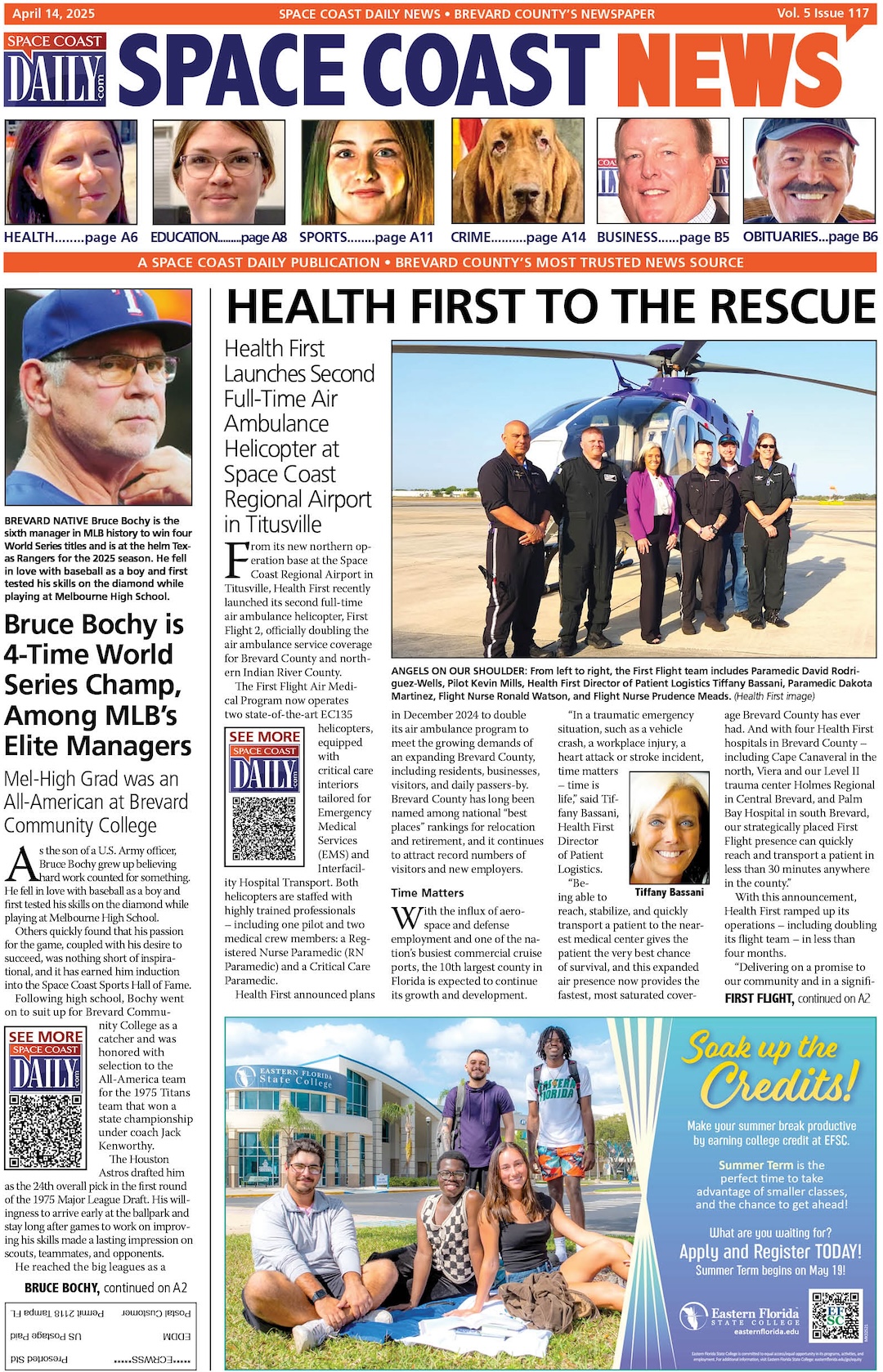The Role of Patient Recruitment Agencies in Accelerating Study Timelines
By Space Coast Daily // August 20, 2024

Patient recruitment is important in the trial process as it directly impacts study timelines. The challenge lies in attracting a number of participants within the set timeframe, which is often a hurdle for study sponsors.
This is where patient recruitment agencies step in to play a role in expediting study timelines. In this article, we will delve into how these agencies contribute to the recruitment of patients for trials.
Understanding Patient Recruitment Agencies
A patient recruitment agency facilitates the identification, screening, and enrollment of patients into clinical studies. They collaborate closely with study sponsors and employ strategies and tools to effectively reach out to potential participants.
Advanced Outreach and Engagement Strategies
A key benefit offered by patient recruitment agencies is their capability to develop tailored outreach programs targeted at patient demographics. By utilizing cutting-edge marketing tactics, social media platforms, email campaigns, and online advertisements, these agencies can reach an audience compared to conventional methods alone.
Patient recruitment agencies capture the interest of trial candidates through engaging content creation and visually appealing advertising materials. By concentrating on identifying individuals who meet the eligibility criteria and exhibit interest in medical research participation, these agencies ensure higher-quality leads for study sponsors.
Extensive Network of Healthcare Providers
Patient recruitment agencies have connections with a range of healthcare providers, including hospitals, clinics, doctor’s offices, research centers, and community health facilities. This network is an asset for finding participants for clinical trials.
Working together with healthcare providers enables recruitment agencies to leverage the existing relationships between professionals and their patients. Doctors serve as trusted intermediaries who can inform patients about studies that might be relevant to their health condition or treatment plan.
Simplifying Participant Selection and Assessment
Finding candidates for a trial can be time-consuming and difficult due to the strict criteria set out in study protocols. Patient recruitment agencies play a role in screening individuals based on specific study requirements. This initial evaluation ensures that only eligible individuals are referred for assessment saving time and resources for both the study sponsor and potential participants.
Aside from identifying candidates, patient recruitment agencies also streamline the screening process. By arranging appointments, assisting with obtaining records, and facilitating communication among parties involved in screening, these agencies reduce administrative burdens on study sites and make the screening process more efficient.
Providing Patient Support Services
Participating in trials can be overwhelming for patients. Patient recruitment organizations understand these issues and offer assistance to enhance the experience of patients throughout the research. They provide information about the study procedures, potential risks and benefits, travel arrangements for appointments, reimbursement policies, and access to healthcare professionals who can address any questions or worries.
These patient-focused services help establish trust and nurture a connection between patients and the clinical research team. The clear communication channels set up by recruitment organizations ensure that participants feel at ease reporting events or seeking help whenever necessary.
Enhancing Participant Retention
Dropout rates in clinical trials often create numerous challenges. Patient recruitment agencies actively strive to boost retention rates by implementing customized strategies designed to keep participants engaged.
Regular check-ins through emails or phone calls act as reminders for appointments and visits while offering a chance to promptly address any emerging concerns. These agencies also encourage communication between participants and research staff so that any obstacles or difficulties faced by patients can be addressed promptly to ensure their involvement in the study.
Conclusion
Patient recruitment agencies play a role in expediting study timelines through enhanced outreach tactics, utilizing established healthcare provider networks to streamline participant identification processes, provide support services for patients, and enhance retention rates.
Specialized groups help streamline the process of enrolling participants while making sure all regulatory rules are followed. By working with agencies that recruit patients for trials, sponsors can tap into their knowledge to create engaging campaigns that meet enrollment goals on time. With the increasing need for volunteers in trials, the importance of these agencies in driving patient recruitment is more crucial than ever, fostering progress and discoveries in medical research.












